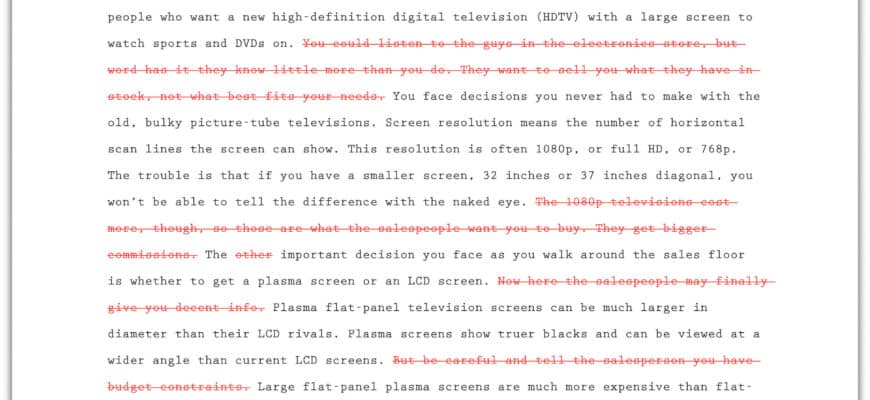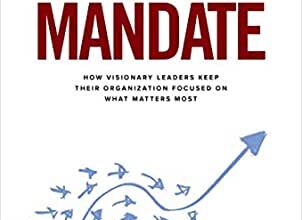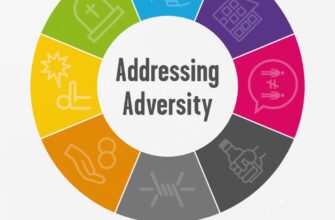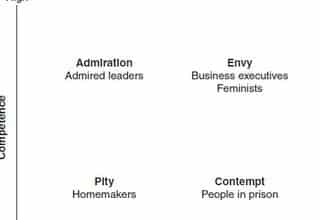Whenever someone on my team sends me a draft of an email, speech, poster, or any other form of communication, I find myself helpless to the urges of editing. Does it result in an enhanced product? I’d like to think so. In this same respect, when my trusted confidantes make revisions to my work, I feel like the final version is better off for it. Maybe the modified draft is an improvement OR are we unknowingly victims of revision bias?
Revisions are intended to be an upgrade to the original; however, when faced with the label of “revised”, we are prone to assume that they are an upgrade. A recent study out of HarvardBusiness School has confirmed this bias, finding that people have a tendency to prefer things that are revised, regardless of whether the revised versions are objectively better than their predecessors.
The researchers found that we retain our revision bias even when the revisions are:
- trivial—does not represent improvement over the original
- incidental—an insignificant change in font, plus the label “revised”
- non-existent—literally identical to an original version with the only change being that it is labeled “revised”
These findings go beyond written communications. One study concluded that we are more interested in people who have high potential to improve (the revised version) versus those who are currently at that same improved state. Another study found that we are more likely to be inspired by people who have changed from exhibiting bad-to-good behaviors than by people who have maintained the same good behavior all along. A third study determined that when asked to reflect on how we’ve changed over time, without defining “change,” people only recollected ways they had improved.
These are alarming findings. The mere introduction of a revision leads people to view that thing in a distinctly favorable light… and they make this judgment with no evidence of improvement. How many times have we been duped by the new and improved? Are your vendors really enhancing their services or is the enhancement a marketing ploy? Are you pushing an initiative that (unknown to you) is less than brilliant because it’s the latest, greatest version? And how many of our alterations did not improve anything, yet had the full, sincere support of the team?
A revision is not inherently better. If we can see through this veneer, we are more likely to avoid revision bias. We can teach others to be more discerning. And we can achieve a truly superior product. All you need to do it revise your mindset; hopefully, it will be an improvement.








